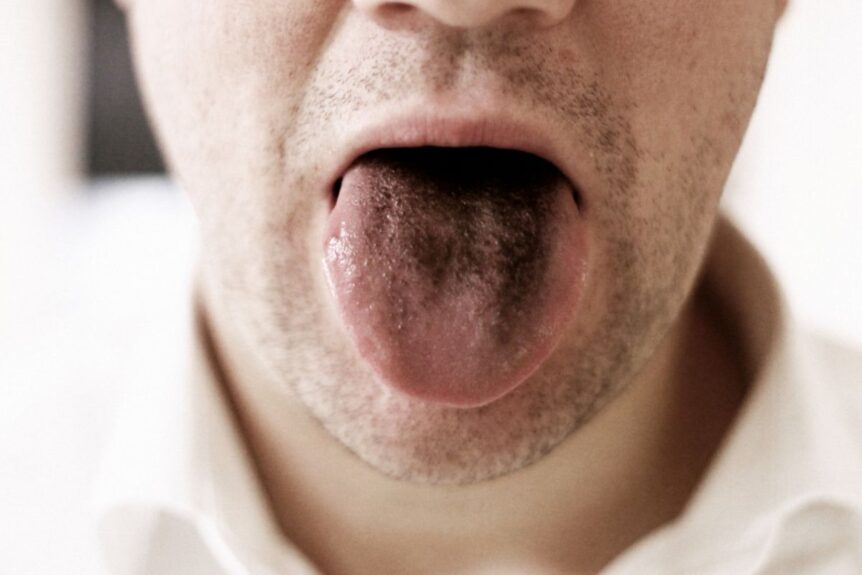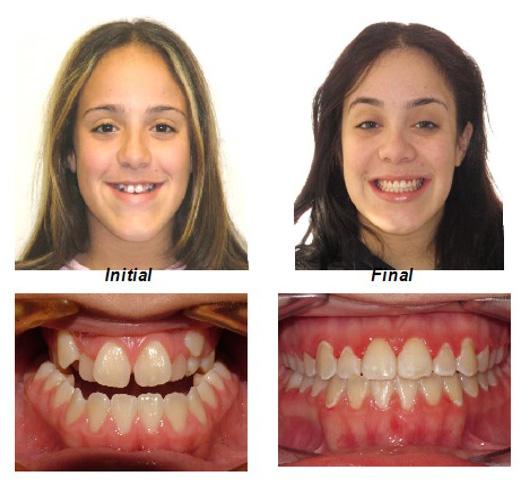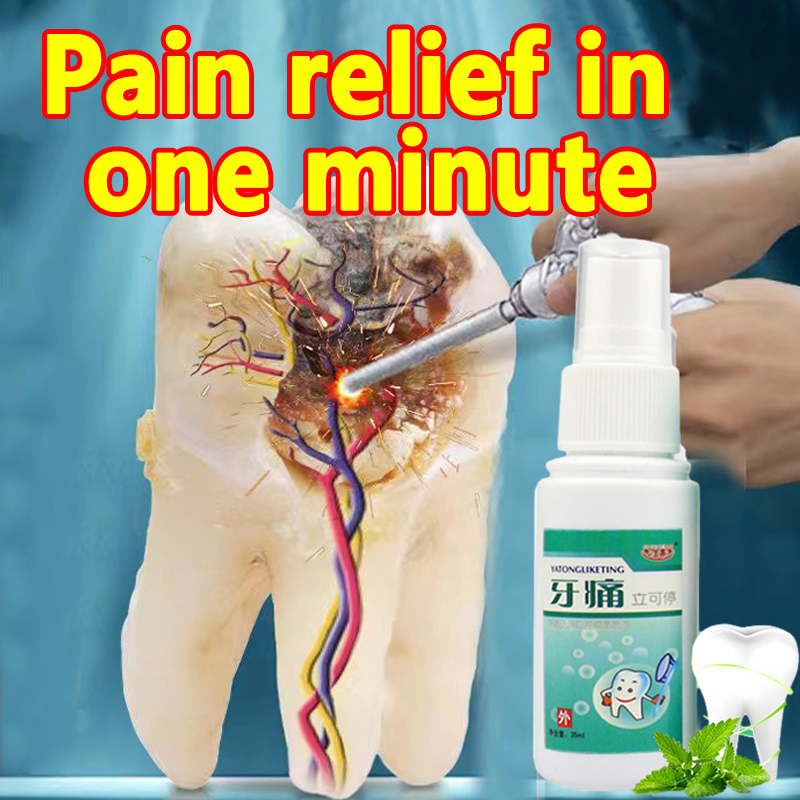Palate Pain Eating: Solve Discomfort Today
The woes of palate pain while eating – a seemingly minor issue that can escalate into a significant source of discomfort, affecting not only our dining experiences but also our overall well-being. For those who have endured the sharp, stabbing sensations or dull aches in the roof of their mouth, the struggle is real. It’s not just about the pain itself, but the limitations it imposes on our ability to enjoy food, socialize, and even maintain proper nutrition. Today, we’re going to delve into the world of palate pain, its causes, symptoms, and most importantly, the solutions to alleviate this discomfort and reclaim your eating experiences.
Understanding Palate Pain
Palate pain, technically known as palatal pain, refers to any discomfort, sensitivity, or pain experienced in the palate – the roof of the mouth. This area includes both the hard palate (the bony part at the front) and the soft palate (the softer tissue at the back that separates the mouth from the nasal cavity). The pain can range from mild, occasional twinges to severe, persistent aches that interfere with daily life.
Causes of Palate Pain
- Dental Issues: Problems such as tooth decay, abscesses, or gum disease can lead to palate pain due to the proximity of the teeth to the palate.
- Oral Ulcers: Mouth ulcers, also known as canker sores, can form on the palate and cause significant discomfort.
- Palate Irritation: Consuming very hot or cold foods and beverages can irritate the palate and lead to pain.
- Denture Issues: Ill-fitting dentures can cause friction and pressure on the palate, resulting in pain.
- Sinus Infections: Since the sinuses are located close to the palate, infections can cause referred pain to the roof of the mouth.
- Allergic Reactions: Certain foods or substances can trigger allergic reactions, leading to palate pain among other symptoms.
- Mouth Burns: Accidental burns from hot food or drinks can cause pain and discomfort in the palate.
Symptoms
- Sharp, stabbing pains or dull aches in the roof of the mouth
- Sensitivity to temperature extremes (hot or cold)
- Discomfort when eating or drinking
- Swelling or redness in the affected area
- Bad taste or metallic taste
Solutions to Alleviate Palate Pain
Immediate Relief
- Topical Anesthetics: Applying topical anesthetics can help numb the area and provide temporary pain relief.
- Saltwater Rinse: Rinsing with warm saltwater several times a day can help reduce swelling and ease pain.
- Avoid Irritants: Steer clear of foods and drinks that can irritate the palate, such as spicy, acidic, or very hot/cold items.
Long-Term Solutions
- Dental Check-Up: If dental issues are suspected, a visit to the dentist is crucial. They can diagnose and treat problems such as tooth decay or gum disease.
- Proper Denture Care: Ensuring dentures fit well and are cleaned regularly can prevent friction and irritation.
- Sinus Treatment: For sinus infection-related pain, treating the infection with appropriate medication can help alleviate symptoms.
- Allergy Management: Identifying and avoiding allergens can prevent future episodes of palate pain.
- Oral Hygiene: Maintaining good oral hygiene practices, such as regular brushing and flossing, can prevent many causes of palate pain.
Preventive Measures
While not all cases of palate pain can be prevented, there are steps you can take to reduce your risk:
- Eat slowly and mindfully to avoid burns and irritation from hot foods.
- Use a straw when drinking very hot or cold beverages to minimize contact with the palate.
- Practice good oral hygiene to prevent dental issues.
- Visit your dentist regularly for check-ups and to address any concerns early.
Conclusion
Palate pain while eating is more than just a minor annoyance; it can significantly impact your quality of life. By understanding the causes, recognizing the symptoms, and applying the right solutions, you can find relief and enjoy your meals without discomfort. Remember, if your symptoms persist or worsen, consulting a healthcare professional is essential to rule out any underlying conditions that may require medical attention. With the right approach, you can solve palate pain and savor every bite, free from discomfort and distress.
What are the most common causes of palate pain?
+The most common causes of palate pain include dental issues such as tooth decay or gum disease, oral ulcers, palate irritation from hot or cold foods and beverages, denture issues, sinus infections, and allergic reactions.
How can I prevent palate pain from occurring in the first place?
+To prevent palate pain, practice good oral hygiene, eat slowly and mindfully to avoid burns, use a straw for very hot or cold drinks, and visit your dentist regularly. Additionally, identifying and avoiding potential allergens and irritants can also help in preventing palate pain.
When should I seek medical attention for palate pain?
+You should seek medical attention if your palate pain persists, worsens over time, or is accompanied by other concerning symptoms such as fever, difficulty swallowing, or severe swelling. It's also important to consult a healthcare professional if you suspect an underlying condition such as a sinus infection or an allergic reaction.
By addressing palate pain with a combination of immediate relief strategies, long-term solutions, and preventive measures, you can reclaim your dining experiences and enjoy food without the burden of discomfort. Remember, your health and well-being are worth savoring.



